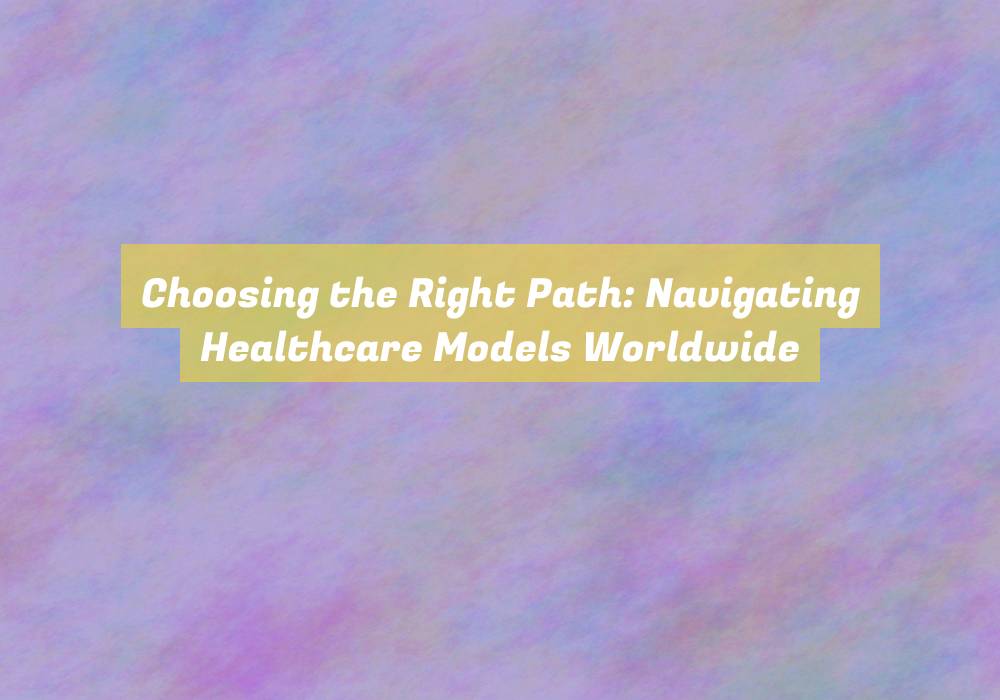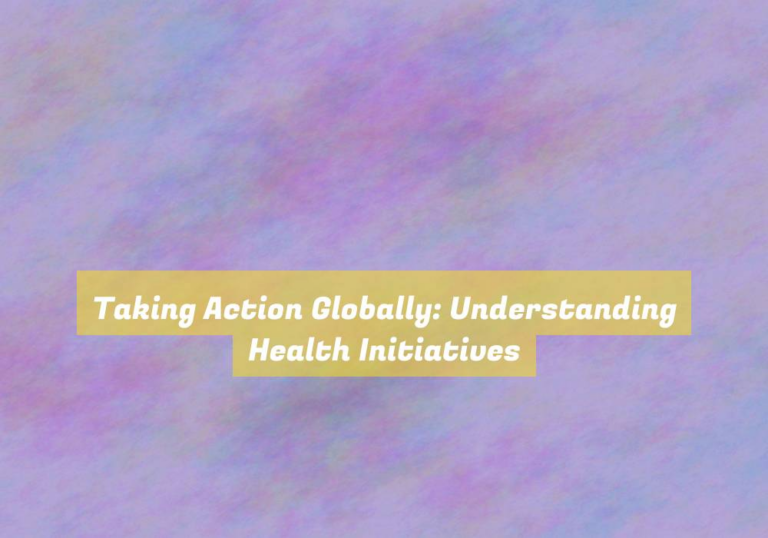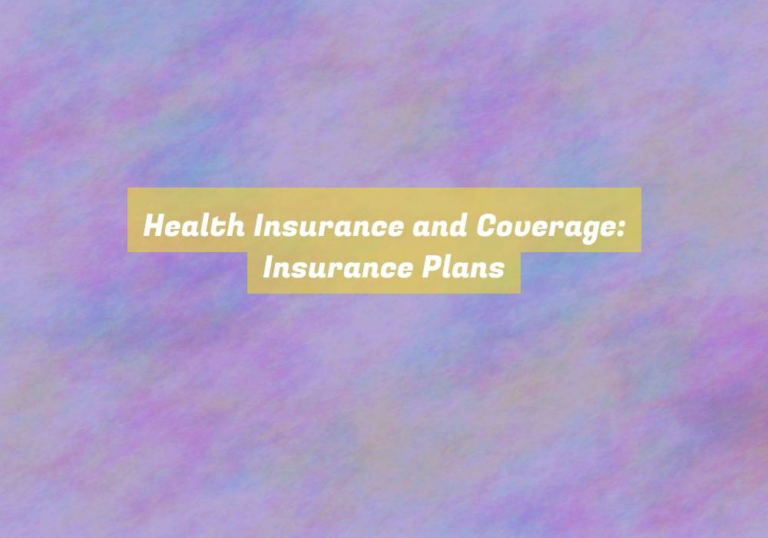Choosing the Right Path: Navigating Healthcare Models Worldwide
When it comes to healthcare models worldwide, did you know that over 40 countries have some form of universal healthcare system in place? Navigating the various healthcare models and understanding the differences can be a complex task, but itG??s crucial for making informed decisions about your healthcare.
Whether youG??re considering public or private options, or exploring the concept of universal healthcare, the choices can have significant impacts on your well-being. Understanding these models and their implications is essential for making the right healthcare choices for you and your family.
Understanding Healthcare Systems
Understanding healthcare systems is crucial for individuals and policymakers to make informed decisions about healthcare access and delivery. As an individual, you rely on the healthcare system for your well-being, seeking the best care possible when you need it. Understanding how the system operates, the different models in place, and the factors influencing healthcare delivery can empower you to make informed choices about your own health.
For policymakers, a thorough understanding of healthcare systems is essential for designing and implementing effective policies that address the needs of the population. By grasping the intricacies of healthcare models, policymakers can work towards improving access, quality, and affordability of healthcare services for the community.
Furthermore, comprehending healthcare systems on a global scale can provide valuable insights into best practices and innovative approaches that may benefit your own healthcare system. By learning from the experiences of different countries, you can gain a broader perspective on how healthcare systems function, identifying potential areas for improvement and adaptation.
Ultimately, understanding healthcare systems equips both individuals and policymakers with the knowledge needed to navigate the complexities of healthcare access and delivery, leading to better outcomes for everyone involved.
Comparing Public and Private Models
When comparing public and private healthcare models, itG??s essential to consider the differences in funding and delivery mechanisms.
In the public model, funding primarily comes from taxes and government sources, providing healthcare services to all citizens regardless of their ability to pay. This results in a more equitable distribution of healthcare services but may lead to longer wait times and limited options for treatment.
On the other hand, the private model relies on funding from private sources such as insurance premiums and out-of-pocket payments, allowing for more flexibility and quicker access to specialized care. However, this model may result in unequal access to healthcare based on individualsG?? financial means.
In terms of delivery mechanisms, public healthcare often operates through government-owned facilities and healthcare professionals are government employees, while in the private model, healthcare services are provided by privately-owned facilities and practitioners.
Understanding these fundamental differences is crucial in choosing the right healthcare path for your needs and circumstances. ItG??s important to weigh the pros and cons of each model to make an informed decision about your healthcare.
Exploring Universal Healthcare
You should explore the concept of universal healthcare to understand its potential impact on your access to medical services.
Universal healthcare, also known as socialized medicine, aims to provide all citizens with access to essential healthcare services, regardless of their ability to pay. Under this model, the government typically plays a significant role in funding and administering healthcare services, ensuring that everyone has access to basic medical care.
By exploring universal healthcare, you can gain insight into how this system may affect your healthcare expenses, the range of services available to you, and the overall quality of care.
Additionally, understanding the principles and practices of universal healthcare can help you assess the potential trade-offs associated with this model, such as longer wait times for non-emergency procedures or limitations on certain treatment options.
Exploring universal healthcare can provide you with valuable knowledge about different healthcare systems and help you make informed decisions about the type of healthcare model that aligns with your needs and values.
Making Informed Healthcare Decisions
To make informed healthcare decisions, itG??s essential to gather reliable information about your medical options and consult with knowledgeable professionals. Start by researching reputable sources, such as government health websites, academic medical journals, and trusted healthcare organizations. Consider the specific details of your condition or healthcare needs and explore the available treatments or procedures. ItG??s important to understand the potential benefits, risks, and alternatives associated with each option.
Additionally, seek out second opinions from different healthcare providers to gain a comprehensive understanding of your choices.
When gathering information, pay attention to the credentials and expertise of the professionals providing the advice. Be cautious of misinformation or biased sources, and verify the accuracy of the information you receive.
Engage in open and honest discussions with your healthcare providers, asking questions and expressing any concerns you may have. This will enable you to make well-informed decisions that align with your personal values and preferences.
Ultimately, the more informed youG??re about your healthcare options, the better equipped youG??ll be to make decisions that positively impact your well-being.
Conclusion
When navigating healthcare models worldwide, itG??s important to understand the differences between public and private systems, as well as the benefits and drawbacks of universal healthcare.
By making informed decisions, you can choose the right path for your healthcare needs. Whether itG??s accessing quality care in a public system or seeking out private options for personalized care, being knowledgeable about healthcare models will empower you to make the best choices for your health and well-being.





